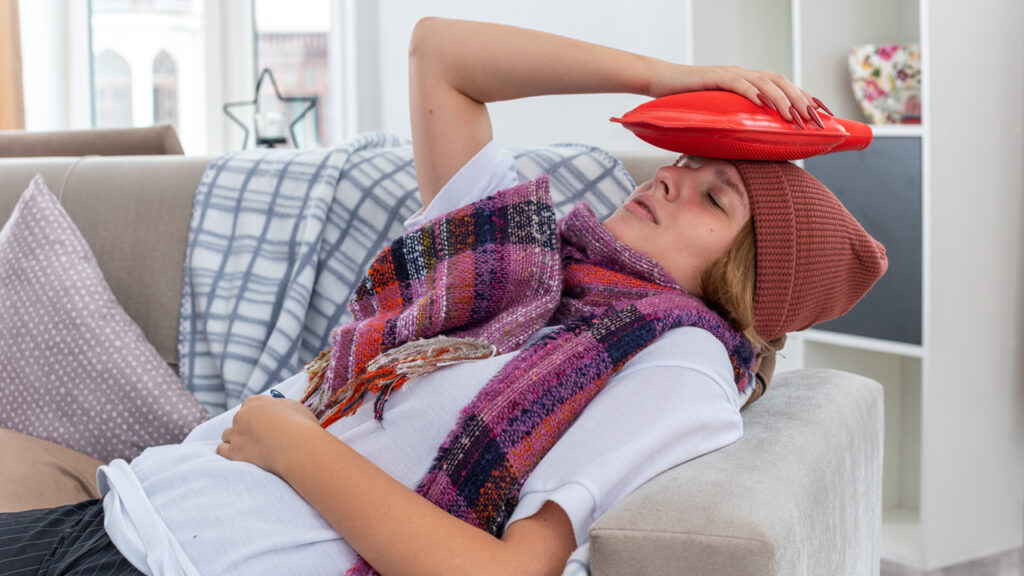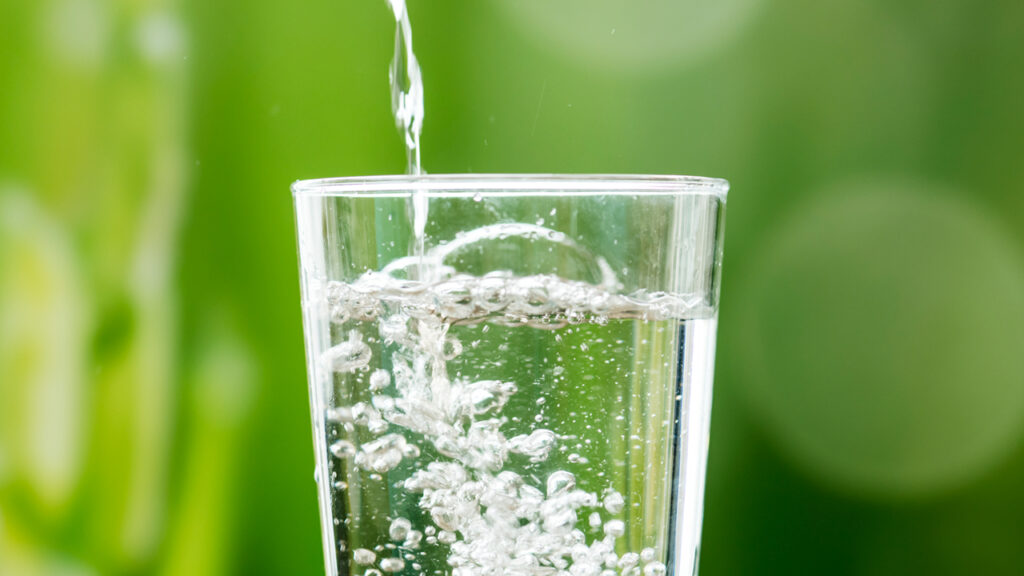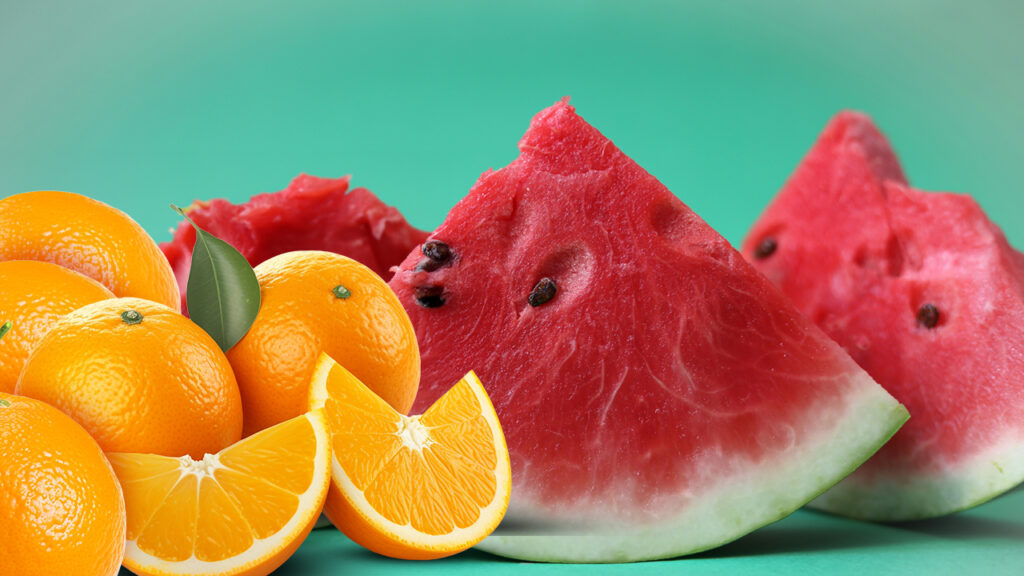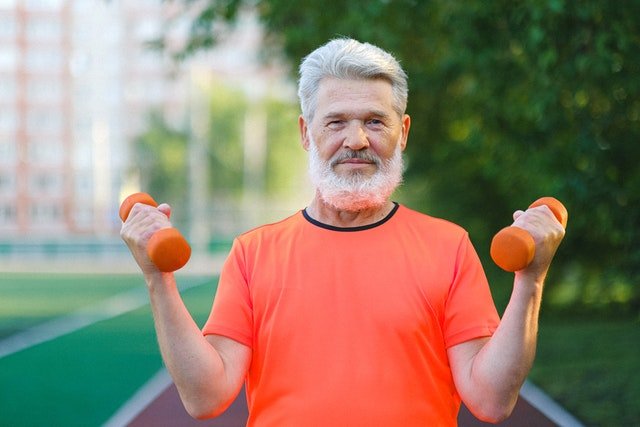The normal temperature of our body is 37 degrees Celsius. In summer, when the surrounding temperature reaches 40-45 degrees Celsius, the risk of heat stroke increases. In such a situation, when we go out in strong sunlight or hot air, the surrounding environment increases the temperature of our body. When our body temperature exceeds the normal body temperature i.e. 37 degrees Celsius, then this condition is called heat stroke.
The summer season has arrived and with the strong sunlight the risk of heatstroke also increases. It is very important to keep yourself healthy in such weather. The two most important things for this are – drinking plenty of water and avoiding the strong afternoon sun.
Main reasons for heat stroke:
- Prolonged exposure to hot sun or wind
- Not consuming enough water or fluids
- Doing heavy exercise or physical labor
- Living in extremely hot and humid environments
- Certain health conditions, such as diabetes, heart disease, and high blood pressure

Symptoms of heat stroke:
- High fever (higher than 103°F or 39.4°C)
- Severe headache
- Dizziness or fainting
- Nausea and vomiting
- Fatigue and weakness
- Breathing fast
- Redness of skin and sweating
- Muscle cramps
Importance of water
Our body is made up of approximately 60% water. It plays an important role in controlling the
temperature of our body, delivering nutrients to the cells and removing waste materials from the body. During summer, the body sweats more, which can lead to dehydration in the body. Dehydration can cause problems like weakness, dizziness, headache. You can find out your hydration level by looking at the color of your urine. In severe cases it can also cause kidney failure.
Benefits of drinking plenty of water
- Body temperature remains controlled.
- Digestion remains healthy.
- The problem of joint pain is reduced.
- The skin improves.
- Fatigue and weakness go away.
- The mind becomes sharp.
- The problem of constipation goes away.

Amount of water drunk
Every person’s water needs are different, which depends on his weight, age, physical activity. But, generally a healthy person should drink 2 to 3 liters of water daily. During summer, this quantity can be increased to 3 to 4 litres.
Water drinking tips
- Drink at least one glass of water as soon as you wake up in the morning.
- Keep drinking water at regular intervals throughout the day.
- Don’t wait to feel thirsty.
- Consume fruits and vegetables, which have high water content.
- Drink cold or lukewarm water. Drinking too much cold water can cause sore throat.
- Avoid consuming sweet beverages. These can dehydrate the body.
- If you exercise, keep drinking water before, during and after exercise.
Avoid afternoon sun
The afternoon sun is very strong during summer. This can cause serious problems like heat stroke. In heat stroke, the body temperature increases rapidly, which can cause damage to the brain and body organs.

Ways to avoid afternoon sun
- Avoid leaving the house between 12 noon and 3 pm. If absolutely necessary, use an umbrella or move out of shady places.
- Wear cotton clothes, they help in absorbing sweat and keep the body cool.
- Wear a cap or scarf and sunglasses while going out.
- You can soak the towel in cold water and keep it on the body.
- You can drink orange, lemon or lime juice.




